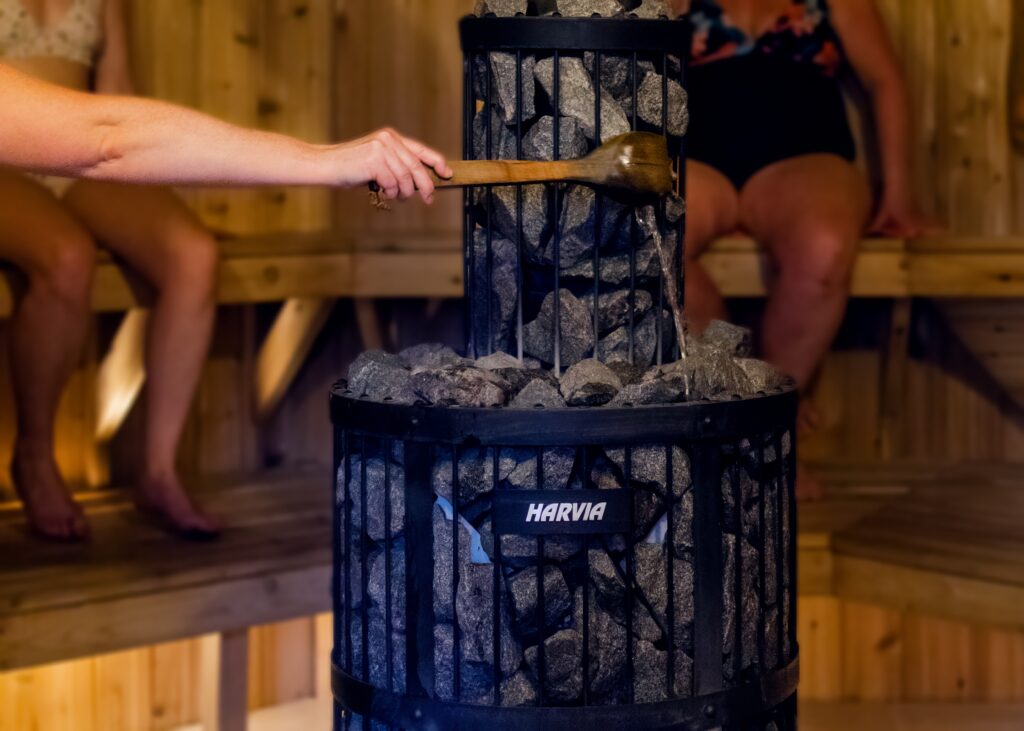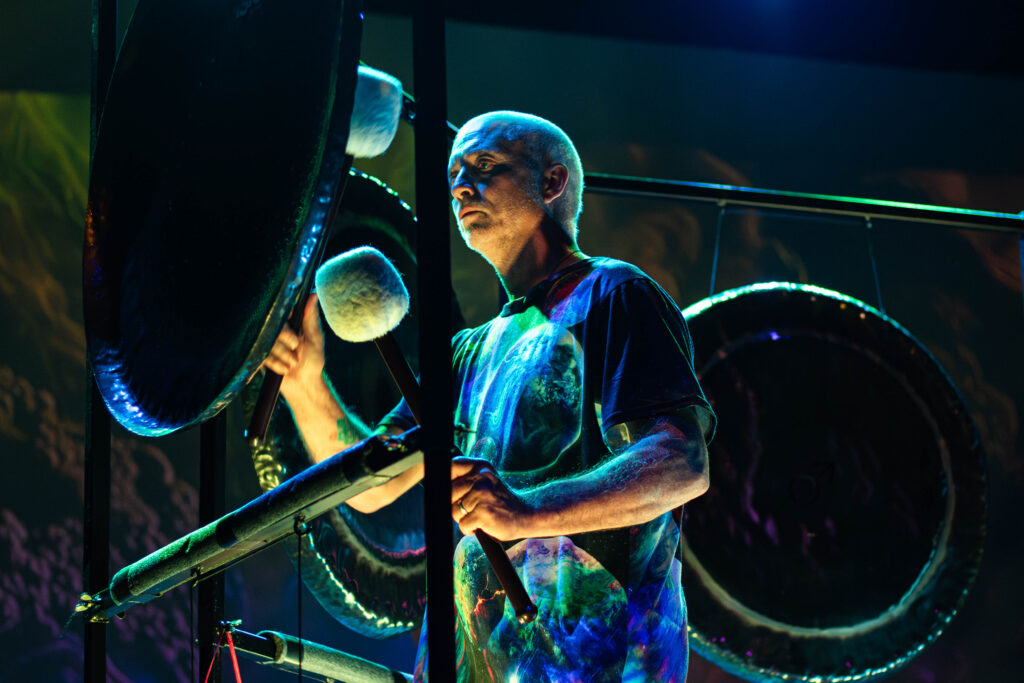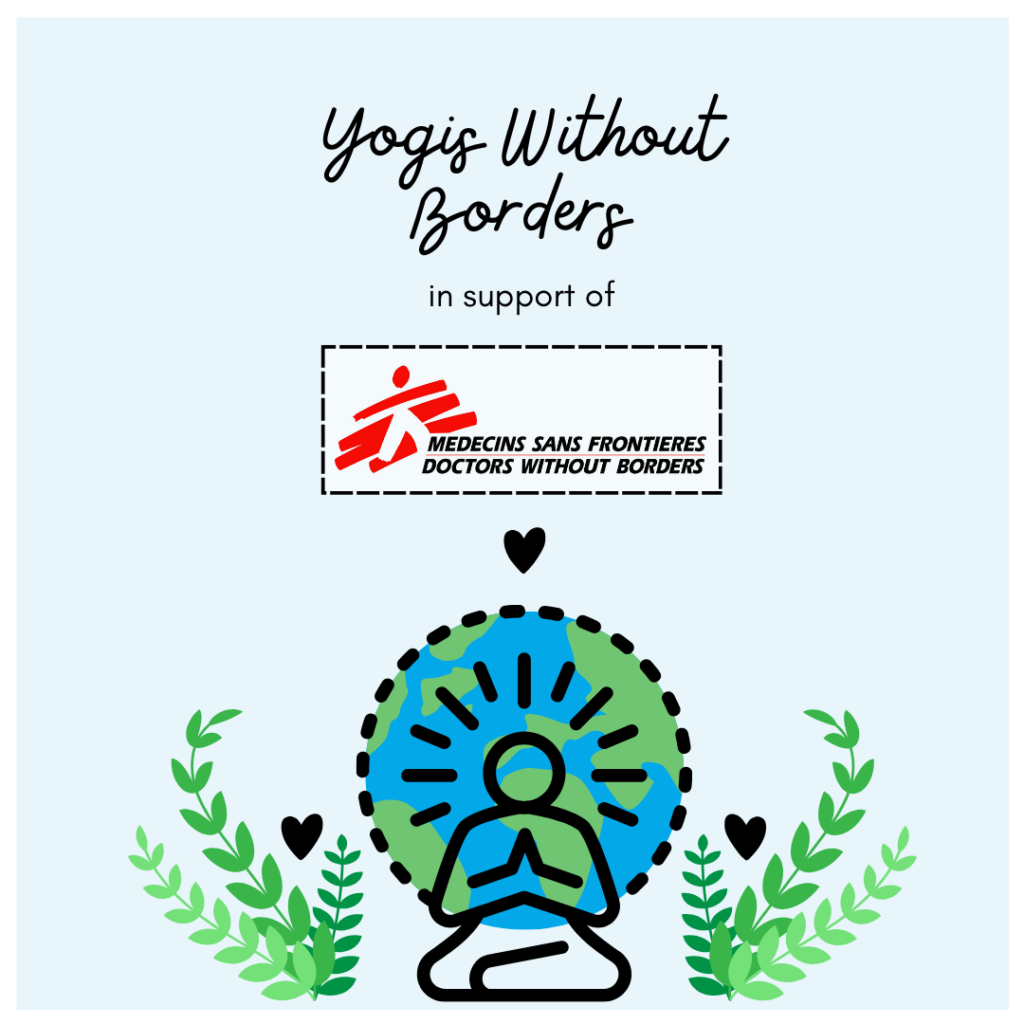It’s January 1, 2016. I wake the same as most days. My morning routine is my comfort zone. I take a kettle from the stove and hold it under the faucet, counting to ten as the water fills the kettle to just the right amount to make a pot of coffee. While I wait for the water to boil, I prepare the coffee thermos and pour-through filter. I’ve never measured the amount of coffee I use. I just eyeball it until it looks about right. I check my email. These days, there is less and less email that requires my attention. A little over a year ago, I’d have checked for Facebook updates, maybe perused my Twitter feed or looked to see what images are popping up on Instagram. Not today. I don’t pay attention to social media at all any more.
In November 2014, I realized that the social media I was consuming wasn’t in any way contributing to my humanity or my personal well-being or growth. I opened my web browser and visited each website and turned off my account. It’s interesting that when you turn off your social media accounts most don’t immediately delete your account. In case you regret the decision, Facebook will automatically reopen your account (with nothing lost) in the case you sign into your account within 30 days after cancelling. I didn’t have remorse over closing my accounts. I no longer receive regular feeds of what’s going on in the lives of distant friends and family. The news my friends send me now only arrives by email or in face-to-face communications.
Why did I cancel my Facebook account? There are a number of reasons, but the shortest answer it wasn’t feeding me what I felt I needed. I found most of the information shared to be emotionally charged and biased. I found my response to information shared was usually to form a strong emotional response towards the individual who posted the information. Whether family or friends I found myself selectively excluding more and more people from my feed. I thought it best to treat everyone the same and disconnect. The other side of Facebook is the sharing of what’s going on in my life with those who follow me. A few years ago I wrote a few very popular blogs with over a thousand subscribers. One day in June 2012 I wrote my final blog post. It was titled Small is Beautiful. It was a difficult decision, but one I have had no regrets taking.
It has been about over four years since I decided to change my morning routine. My habit had been to check two newspaper websites for the latest news. On November 12, 2015 I began a media fast. As we sat drinking our morning coffee I leaned over to Martha and showed her as I was deleting all the news applications on my phone. I told her I was beginning a media fast. The thought that went through my head was that it was time for some mental floss; to take a break from all the media that someone else decided was vital to my well-informed nature. I turned off the flow of information news organizations decided was important.
Over the next few days and weeks I told friends and family of my decision to steer clear of all forms of news. I felt a sense of guilt for choosing to not be informed of global or provincial news – as chosen for me by broadcasters and advertisers. Instead, I would learn about the things that matter most to me by visiting with friends and family.
That was autumn of 2015. Today it is December 2019
What have I missed out on? As the years have gone by and my unplugged nature has remained I don’t feel like I’ve missed out on too much. In the beginning I kept track of the kind of things that people brought to my attention. Things like who died. Who is at war. Who got elected. Mostly it was about disasters. I remember it was just a few days after I begin my fast when I excitedly called my mom to tell her about my new project.
My mom asked me casually, “Was that before or after Paris?”
I responded, well it must’ve been before Paris because I don’t have a clue what you’re speaking about. Over the coming weeks Paris occasionally came up in conversation at dinner parties, in the office, but I never saw a newspaper article, never saw photo, never got anxious about being in large crowds, or in large cities, never looked at people differently because of what happened.
All around me people were anxious. I think that’s the word that best describes it. And I started to understand that the news media was trying to make us anxious. I think advertisers feed off the fear and anxiety caused by disaster stories in the news.
In thinking about it, I would bet that a news media channel simply devoted to disaster could thrive. I looked it up on Wikipedia or some other article somewhere online, I wonder how many mass shootings there are in the United States of America each year. It turns out there are over 300 such events. These events are characterized by the shooting of four or more victims at one time (which could include the shooter).
Who decides which shootings are news and which are not?
The day before I began my media fast I saw the opening visuals of a film called the 33. It was a film about Chilean miners who are trapped underground in a mine. I remember back in the days when this was a news media story and it seemed every night these miners were being featured on the nightly news. What was remarkable about their story, wasn’t that any of them died, but rather all of them survived the ordeal despite living underground for weeks.
The thing that caught my attention was the opening fact presented in the film: Every year 10,000 miners die. Don’t you think it’s interesting that we never hear about these mining disasters? But here we were being shown incredible footage of a rescue that was successful. Why aren’t we outraged that 10,000 minors die around the world every year?
The reason is dead miners don’t sell newspapers. Dead miners don’t sell coffee on the nightly news broadcast.
The summer I begin my news fast I was playing with my grandson at the lakefront in a foot of water on the sandy beach. One of our guests was sitting nearby watching us for quite a while. I casually struck up a conversation and mentioned that I was enjoying my six months of being a news faster. I casually mentioned that I thought that the news broadcast agencies had a vested interest in keeping us all anxious. My thought was that if we were anxious and our bodies were being flooded with stress hormones we would be more susceptible to advertising, which would tend to give our bodies relief by filling us with other feel good hormones. I thought that in some ways the news media was in cahoots with advertisers. After all it was the advertisers that were paying for the expensive on air time. I explained to our guest, this is part of the reason I decided to remain on my news fast.
The guest I was speaking to smiled and said to me, “You don’t know who I am do you? My name is Don Spandier and I am the executive producer of CBC National News.”
Don explained how he drank from a firehose of information every day. There are a number of people who sort through all the news stories that are important and filter them. But still the amount of information is staggering. Every day news media have to make decisions about what goes on the news. He agreed that indeed news media has to pay attention to the needs of advertisers and the relationship between advertisers and broadcasters influences what constitutes as news each day.
I was flabbergasted. What are the chances of me sitting in the middle of the woods 20 km from the town of 1000 people, unplugged, having a conversation with this man who was the executive producer of Canada’s national news network. I decided to maintain my fast.
It gets easier.
When you’re not paying attention to the news, you realize how much advertising you’re missing out on. Indeed when I’m in a public place like a restaurant, breakfast room at a hotel, in an airport, waiting for my winter snow tires to be put on my vehicle or even in an elevator in a busy city there is always a news broadcast on the screen. And alongside the news broadcast, advertising. The noise and the constant motion of the graphics on the television are mesmerizing. I often have to find places to sit that make the television go out of my visual perception. It’s getting harder every day. Early on in my media fast, I resorted to putting earbuds in my ears and joining those who ride the subway in Toronto every day of blocking out the rest of the world so I can have my sense of peace when in a broadcast space. I’ve gotten better and sensing the television voices as white noise, because I have decided to not invest my energy into what they are speaking about.
Once, while travelling Martha and I went into a restaurant to sit down for a nice meal. Once seated, the waiter handed us tablet computers that contained the menu items as well as numerous preloaded games and such, presumably to keep kids entertained while they waited for their food. We looked at one another, then put down the tablets and left the restaurant.
At Northern Edge Algonquin there are no tablets or even cell phones in the dining room. Our facility is beyond the reach of cell phone towers and our guests don’t tweet, post or consume online media of any kind. We’re unplugged.
Unplugging can be transformational. Have you ever tried it?

You've been signed up to receive news, updates, stories, and special offers from The Edge!



